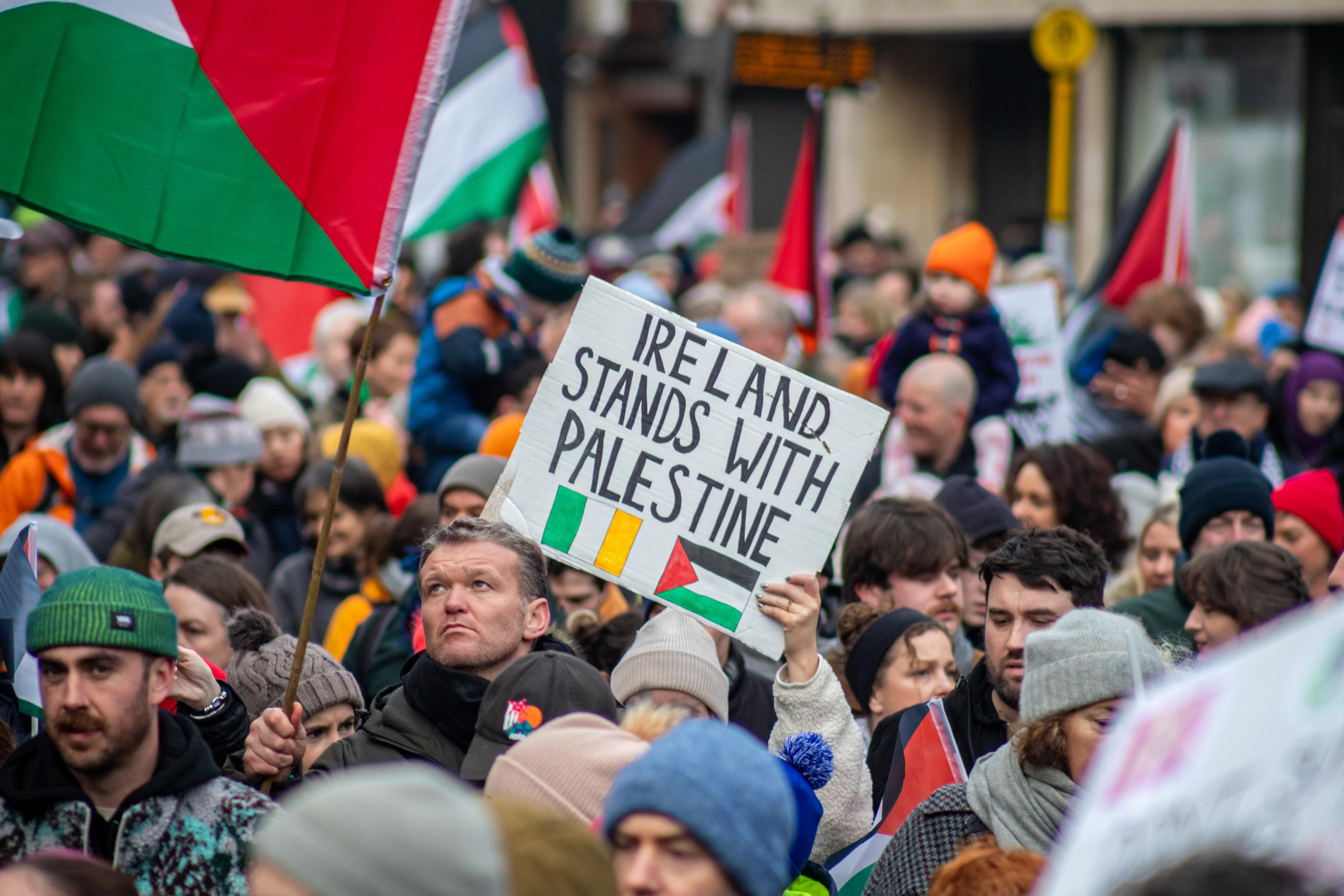The incredible WZO
Zionism beyond Israel: What is WZO’s role in fighting global antisemitism?
As incidents surge post-October 7, 2023, the World Zionist Organization steps up its diaspora defense

The World Zionist Organization (WZO) was founded by Theodor Herzl in 1897. Since then it has been synonymous with the establishment and support of a Jewish homeland in Israel.
But its mission has expanded far beyond Israel’s borders. This is critical given the antisemitic incidents skyrocketing globally, up 235% in 2023 alone according to the WZO’s own annual report.
WZO's has a Department of Activities in Israel and Countering Antisemitism and its doubling down on protecting Jewish communities worldwide, especially since the outbreak of the Swords of Iron war on October 7, 2023. With the 39th World Zionist Congress (WZC) coming up in October 2025, the question is clear: how will this “parliament of the Jewish people” leverage its influence and billions in funding to tackle this growing threat?
The Swords of Iron war, sparked by Hamas’s brutal attack, marked a turning point. The WZO documented a “hundreds percent increase” in antisemitic acts worldwide in its wake, from vandalism in Vancouver to online hate campaigns.
In response, the organization sprang into action. Its Department of Activities, headed by Yaakov Hagoel until his rise to WZO Chairman in 2020, pivoted to a dual focus: bolstering Zionist identity in Israel while countering antisemitism abroad. Zoom meetings and webinars with Jewish federations became a lifeline, offering “explanatory tools and ventilation” for rattled diaspora communities, per the WZO’s official updates. On social media, the group has pushed back against rampant hate, amplifying pro-Israel voices in multiple languages.
One standout initiative is the Herzl Award, which is bestowed annually since 2004 to honor exceptional volunteer efforts for Israel and Zionism. In 2023, the award went to Hernan Feller, an Argentinian football broadcaster who used his platform to advocate daily for the release of hostages held by Hamas. Feller’s visit to Israel, hosted by the Department for Zionist Enterprises, complemented the WZO’s strategy of spotlighting global allies. Meanwhile, the Department for Israel and Holocaust Commemoration set up exhibitions in Tel Aviv’s Hostages Square, downloadable for public use, blending art and advocacy to keep the plight of captives in focus.
Educational programs have also taken center stage. The WZO’s Department of Education, working alongside the Jewish Agency and Israel’s Ministry for the Diaspora, has ramped up efforts to strengthen Jewish-Zionist identity through Hebrew language instruction and cultural content. Events like the festive premiere of Heschel’s Seder Night in New York and Chanukah gatherings worldwide drew thousands, reinforcing communal ties. A 2023 report, a tripartite effort with the Jewish Agency, cataloged thousands of antisemitic incidents, providing data to explain the necessity of these initiatives. Conferences tackling antisemitism and Israel-hatred, held globally, have further solidified the WZO’s role as a diaspora defender.
The WZC’s October 2025 session in Jerusalem, convening 525 delegates including 152 from the U.S., could be a game-changer. With over $1 billion in annual funding at stake (potentially $5 billion over five years), the Congress will decide how much goes to security for diaspora communities versus Israel-centric projects like aliyah or post-war rebuilding in the south. The American Zionist Movement (AZM), overseeing U.S. elections from March 10 to May 4, 2025, notes that delegates will shape policies for the WZO, Jewish Agency, and Jewish National Fund. Past Congresses have balanced these priorities, but the post-October 7 climate, with 46% of 2023’s antisemitic acts occurring in America per the WZO report, may tilt the scales toward diaspora protection.
The WZO’s response to the war offers a blueprint. Beyond digital outreach, it launched practical efforts: a WhatsApp group linking evacuated Israelis with hosts, prayer meetings for IDF morale, and a Home Front heroes ceremony at Jerusalem’s National Library, honoring 16 individuals with medals. Pro-Israel protests and fundraising, backed by the WZO, spanned continents, from TV appearances to newspaper campaigns. These moves reflect a dual mandate: supporting Israel while shielding Jews globally, a tension the 2025 WZC must navigate.
Critics, however, question the balance. Some diaspora leaders argue the WZO remains too Israel-focused, with funding historically favoring aliyah over local security needs. The 2020 Congress, which was held online as a result of COVID-19, saw progressive slates like Hatikvah push for pluralism, while Orthodox groups like Eretz Hakodesh flexed muscle with 25 seats. The 2025 agenda could see similar battles, with security funding for synagogues and schools abroad vying against settlement expansion or education in Israel.
As antisemitism morphs, from physical attacks to online tropes of “international Jewish conspiracies” as the WZO fears Westerners increasingly buy into, the organization’s role is evolving. The Herzl Award and educational drives signal a proactive stance, but the real test lies ahead. Will the WZC prioritize diaspora defenses in October 2025, or double down on Israel’s needs? With billions on the table and Jewish safety in the balance, the answer will ripple far beyond Jerusalem.